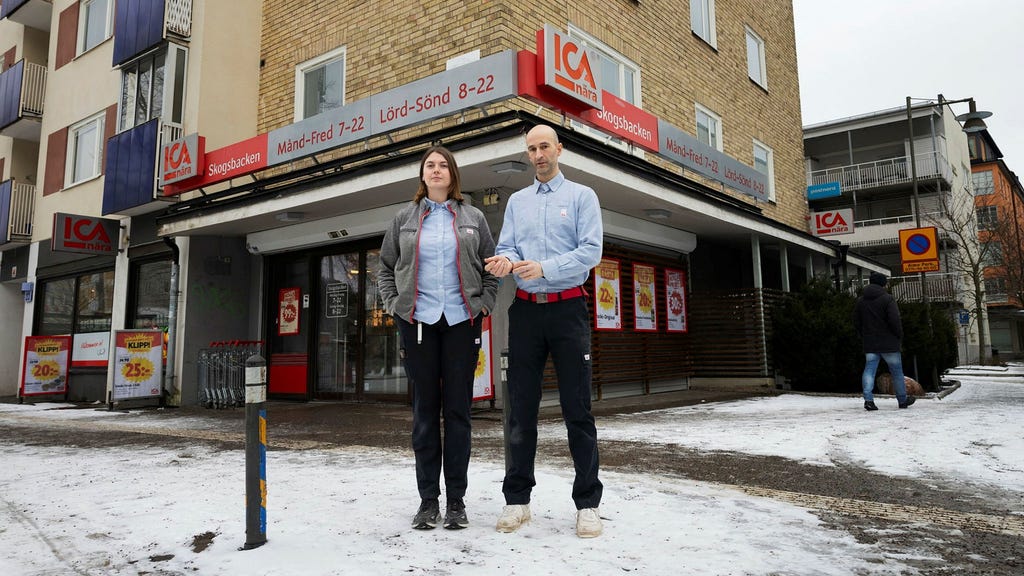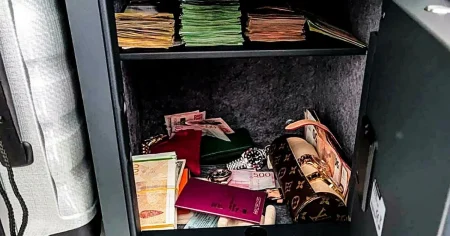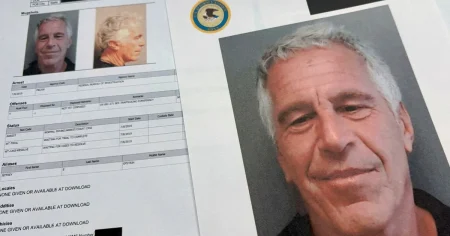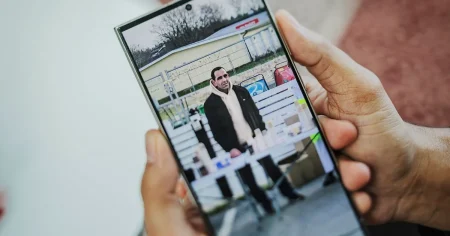The removal of ticket barriers at Näckrosen subway station in Stockholm has sparked a heated political debate, highlighting the starkly contrasting views on public transport policy. Trafikregionrådet Anton Fendert of the Green Party, a proponent of the barrier-free trial, believes it will enhance accessibility and user experience. Conversely, opposition councilor Kristoffer Tamsons of the Moderate Party criticizes the initiative as costly and experimental. This pilot program, initiated on December 16th and slated to last a year, aims to assess the impact of open access on ridership and overall system efficiency. However, the early stages of the trial have been marred by unexpected consequences, raising concerns about security and the potential for increased crime.
The most pressing issue stemming from the open-barrier policy is a reported surge in shoplifting at a nearby ICA supermarket, Skogsbacken. Staff members claim a dramatic escalation in theft incidents since the trial began, with January witnessing a particularly sharp increase. They attribute this directly to the ease with which thieves can enter and exit the station, using it as a quick escape route. Security camera footage reportedly shows perpetrators fleeing towards the subway after stealing goods, sometimes worth thousands of kronor. Meat, salmon, and parmesan cheese are among the most frequently targeted items. This has not only resulted in significant financial losses for the store but has also created a climate of fear and anxiety among employees.
The increase in shoplifting incidents has also led to a heightened risk of confrontation and violence. Store staff recount instances of chasing thieves into the subway, sometimes unsuccessfully. Beyond the theft itself, staff members express growing concern for their personal safety, reporting verbal threats and even physical assaults. One employee was reportedly headbutted and sustained a black eye. The emotional toll of these incidents is a major concern for store management, who prioritize employee well-being above the financial losses from stolen goods. This atmosphere of fear and insecurity undermines the intended positive effects of the barrier-free trial and raises questions about the adequacy of security measures in place.
In response to the escalating security issues, the supermarket has implemented a series of countermeasures. These include installing a new lockable refrigerated display case for meat products, requiring customers to request assistance from staff to purchase these items. The store has also hired security guards to deter potential shoplifters and plans to invest in a sophisticated new entrance system to prevent quick escapes. While acknowledging the need to address the theft problem, the store manager maintains support for the open-barrier trial, provided that security measures, such as increased patrolling by security personnel, are significantly enhanced. The management believes a more visible security presence within the station is crucial to deterring crime and ensuring the safety of both commuters and local businesses.
SL (Storstockholms Lokaltrafik), the public transport authority, has responded cautiously to the reports of increased shoplifting, suggesting it is premature to definitively link the crime surge to the removal of ticket barriers. They argue that determined individuals could bypass the barriers even when they were in place. While acknowledging the barriers might offer a minor deterrent, SL emphasizes that they are not an insurmountable obstacle. They point to the increased patrols by security personnel and enhanced surveillance within the station as evidence of their commitment to maintaining safety and security. Furthermore, SL maintains that Näckrosen station remains relatively peaceful and that their security center hasn’t observed a noticeable increase in security-related incidents.
Despite SL’s assurances, concerns remain about the adequacy of security measures. The supermarket staff disputes SL’s claim of increased security presence, stating they have not observed any significant change in the number of security personnel on patrol. This sentiment is echoed by the chairman of the subway workers’ union, who claims the promise of increased security was likely just rhetoric. While acknowledging the union’s awareness of the rising shoplifting incidents, he admits limited options for direct intervention, emphasizing the need for continued vigilance. This discrepancy in perception between SL and those directly impacted by the open-barrier policy highlights the need for further evaluation and potential adjustments to security protocols to ensure the safety and well-being of all stakeholders. The year-long trial period will provide valuable data to assess the long-term effects of the barrier-free policy and allow for necessary adjustments to security and operational strategies. The effectiveness of this pilot program will be a key factor in determining the future of ticket barriers in the Stockholm subway system.














